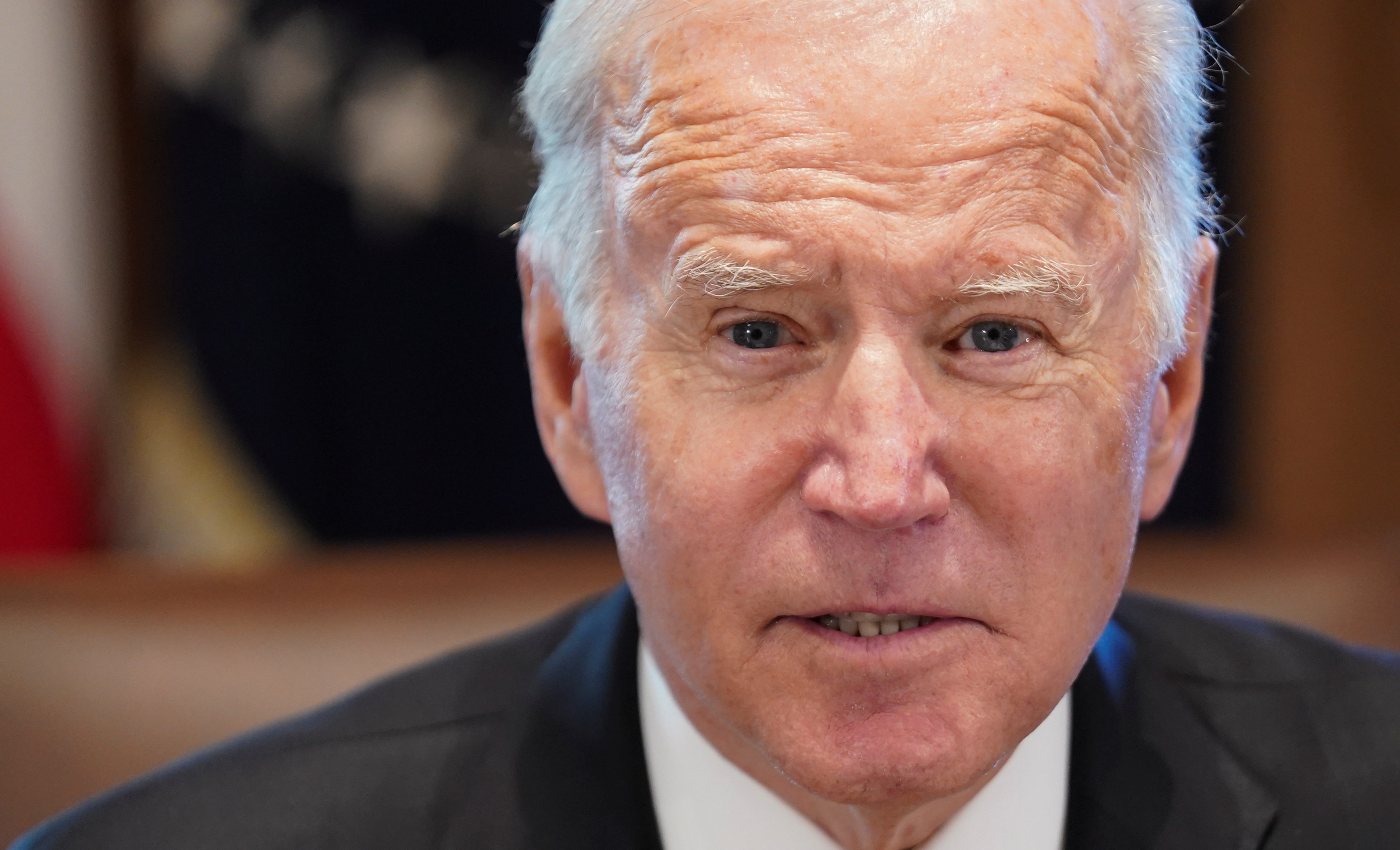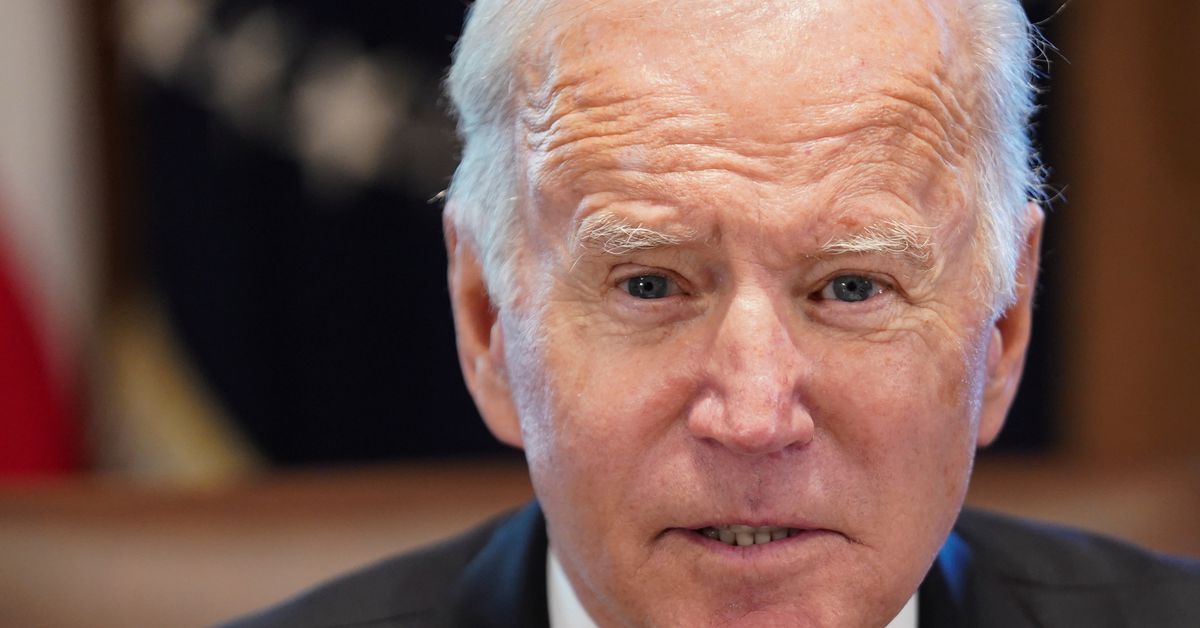WASHINGTON, Nov 12 (Reuters) – U.S. President Joe Biden on Friday expressed concern about the situation in Belarus as it faces accusations of encouraging migrants to cross into Poland and Lithuania via its territory.
“We think it’s a great concern. We communicated our concern to Russia, we communicated our concern to Belarus,” Biden told reporters as he departed the White House for a weekend at the Camp David presidential retreat. “We think it’s a problem.”
The European Union has accused Belarus of mounting a “hybrid attack” to destabilize the bloc by flying in thousands of migrants from war-torn areas and encouraging them to cross the border into the EU illegally.
Migrants, mainly from Iraq and Afghanistan, are sheltering in freezing conditions on the border between Belarus and EU states Poland and Lithuania, which are refusing to let them cross. Some have already died and there are fears for the safety of the rest as bitter winter conditions settle in.

Biden’s remarks came hours after Vice President Kamala Harris voiced similar concerns during a visit to France, where she said she discussed the issue with President Emmanuel Macron.
Belarus “is engaged in very troubling activity. It is something that I discussed with President Macron, and the eyes of the world and its leaders are watching what is happening there,” she told a news conference.
Belarus denies fomenting the crisis but has said it cannot help resolve the matter unless Europe lifts sanctions. The EU imposed several rounds of measures in response to Belarus President Alexander Lukashenko’s violent crackdown on mass street protests against his rule in 2020.
Lukashenko, a close ally of Russia, threatened this week to cut off Russian gas supplies delivered to Europe through Belarusian territory. On Friday, the Kremlin appeared to distance itself from that threat, saying it was not consulted in advance of the remarks and would fulfill its delivery contracts.
Reporting by Andrea Shalal and Steve Holland
Editing by Chris Reese and Cynthia Osterman
Our Standards: The Thomson Reuters Trust Principles.





